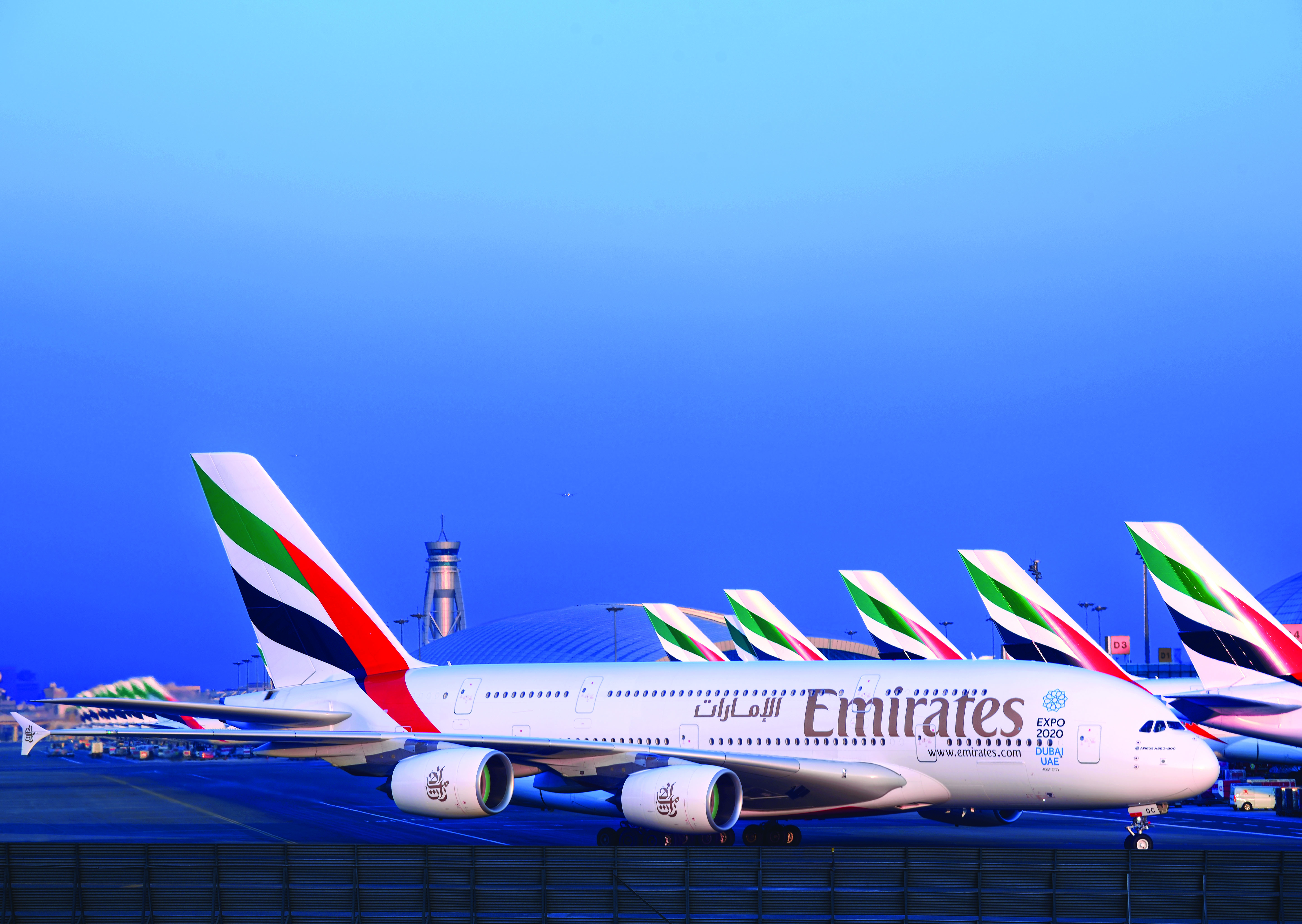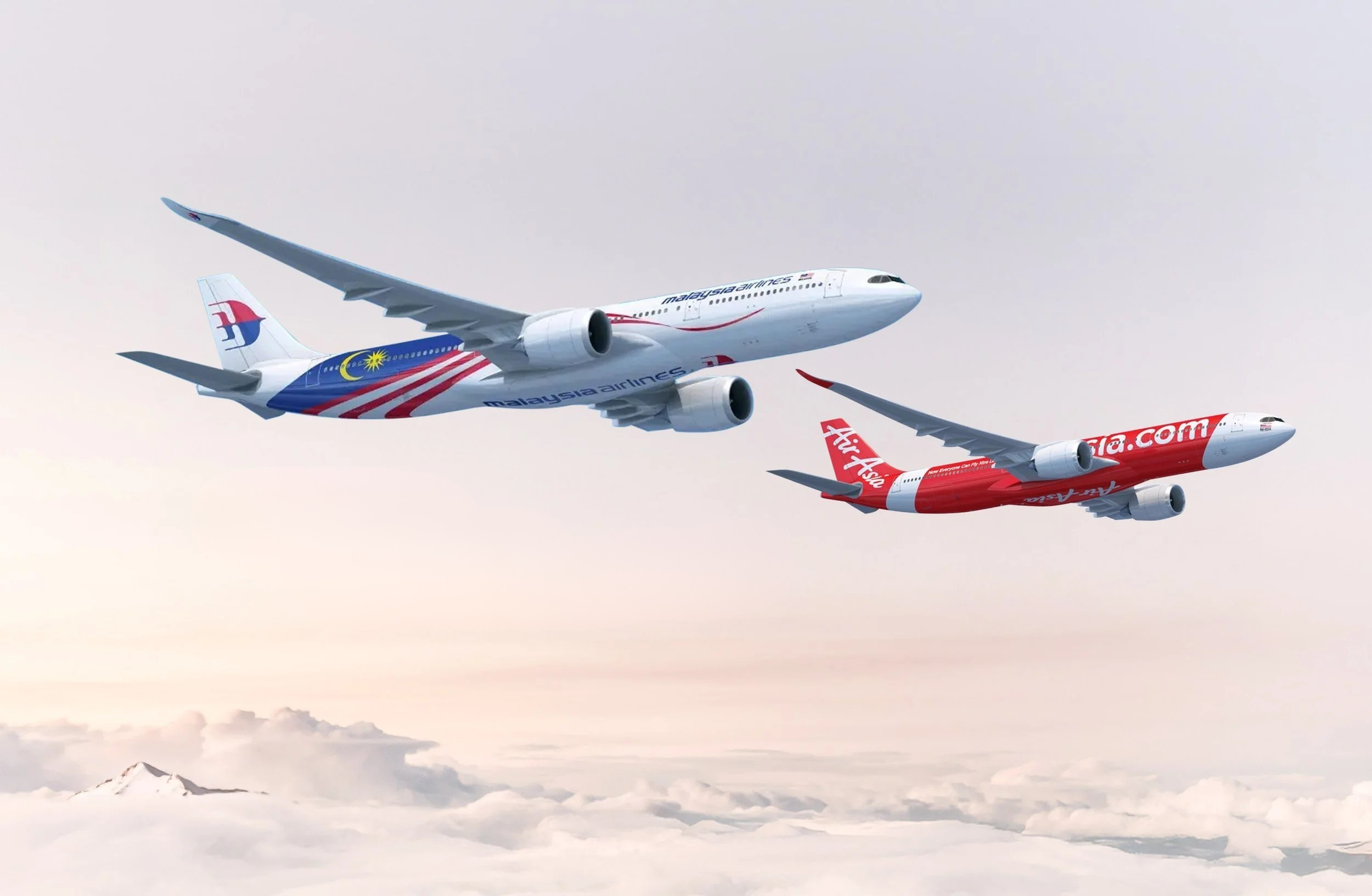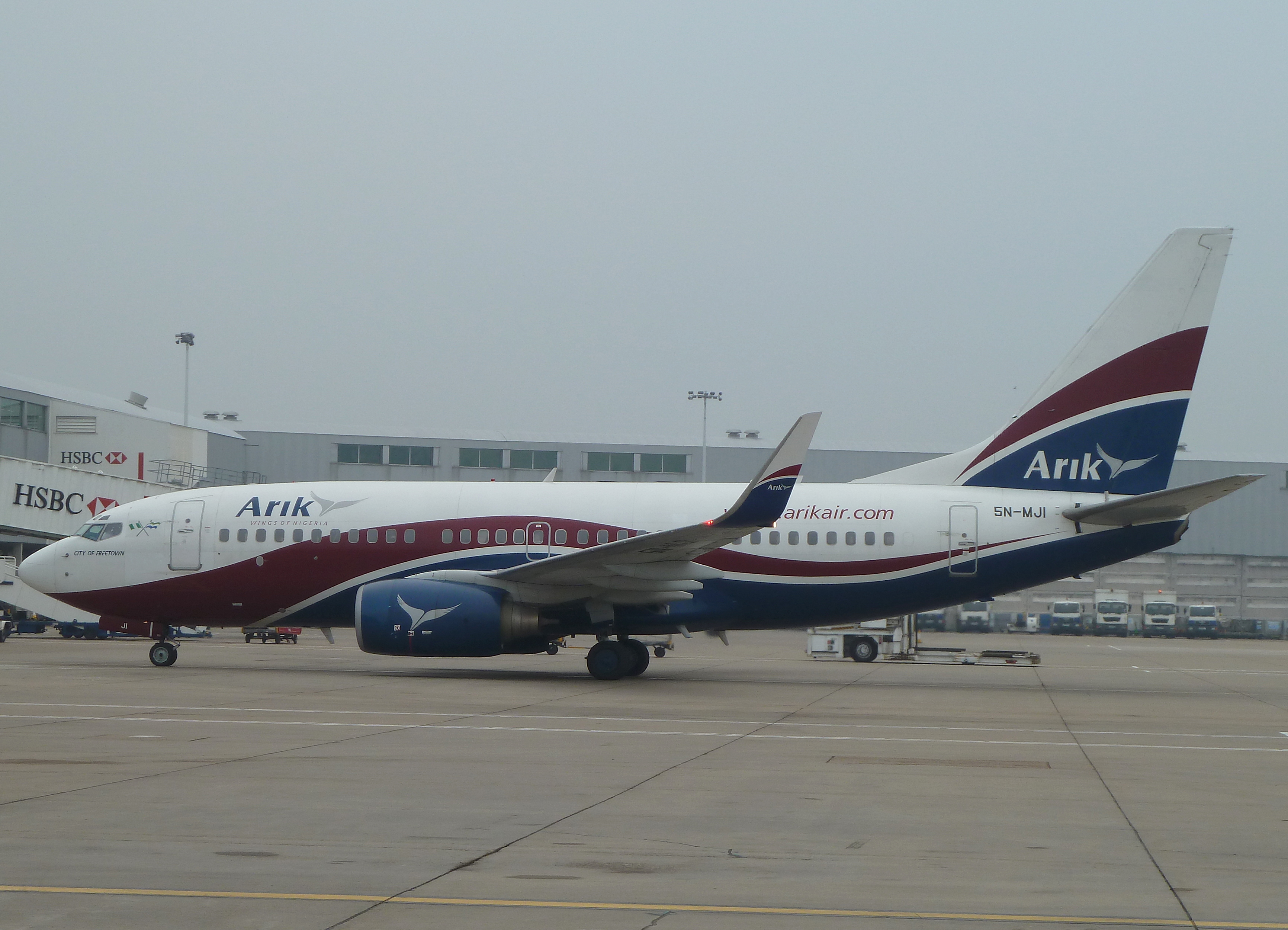Airlines have worked hard to make air travel safer for humans and now they’re doing the same for other creatures.
The International Air Transport Association has launched a new standardized global certificate designed to improve the welfare of animals that travel on aircraft.
IATA says the Centre for Excellence for Independent Validators for Live Animal Logistics (CeiV Live Animals) is designed to ensure high standards in live animal transportation by addressing areas such as competency, operations and quality management.
The certificate's introduction comes after a series of high-profile mishaps involving traveling animals, including the death on United Airlines of a 10-month-old French Bulldog whose container was put in an overhead bin.
It was launched after a successful pilot program involving the City of London’s Heathrow Animal Reception Centre (HARC) and Air Canada Cargo.
The roster of animals handled by HARC in 2017 demonstrates the diversity of this type of cargo: it processed 16,000 dogs and cats, 400 horses, 200,000 reptiles, 2000 birds and 28 million fish.
"Last year millions of animals traveled safely and securely by air,’’ said Nick Careen, IATA’s senior vice president of airport, passenger, cargo and security.
“ Animal owners and shippers rely heavily on airlines to carry their precious cargo. As an industry, we have a duty of care to ensure that standards and best practices are in place around the world to protect the welfare of these animals.
“For those shipping live animals, the CEIV Live Animals program will provide a reliable quality benchmark.”
The new standard will reinforce compliance and training with independent validators conducting training and onsite audits to ensure the welfare and safety of traveling beasties.
Airlines say handling and transporting live animals is challenging because each has specific requirements that include the emotional response of creatures put in an unfamiliar environment.
The certificate will also focus on compliance with rules governing the trade in endangered species as well as the transport of wild fauna and plants.
Have questions or want to share your thoughts?
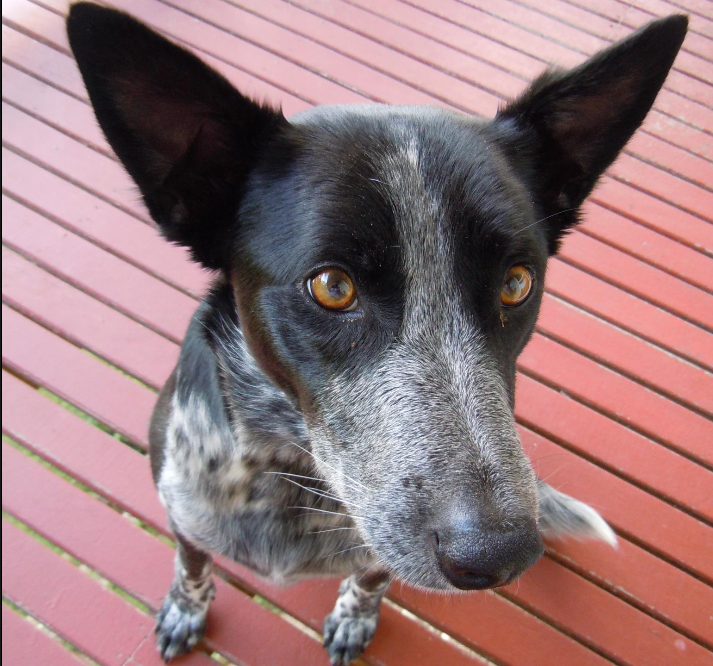
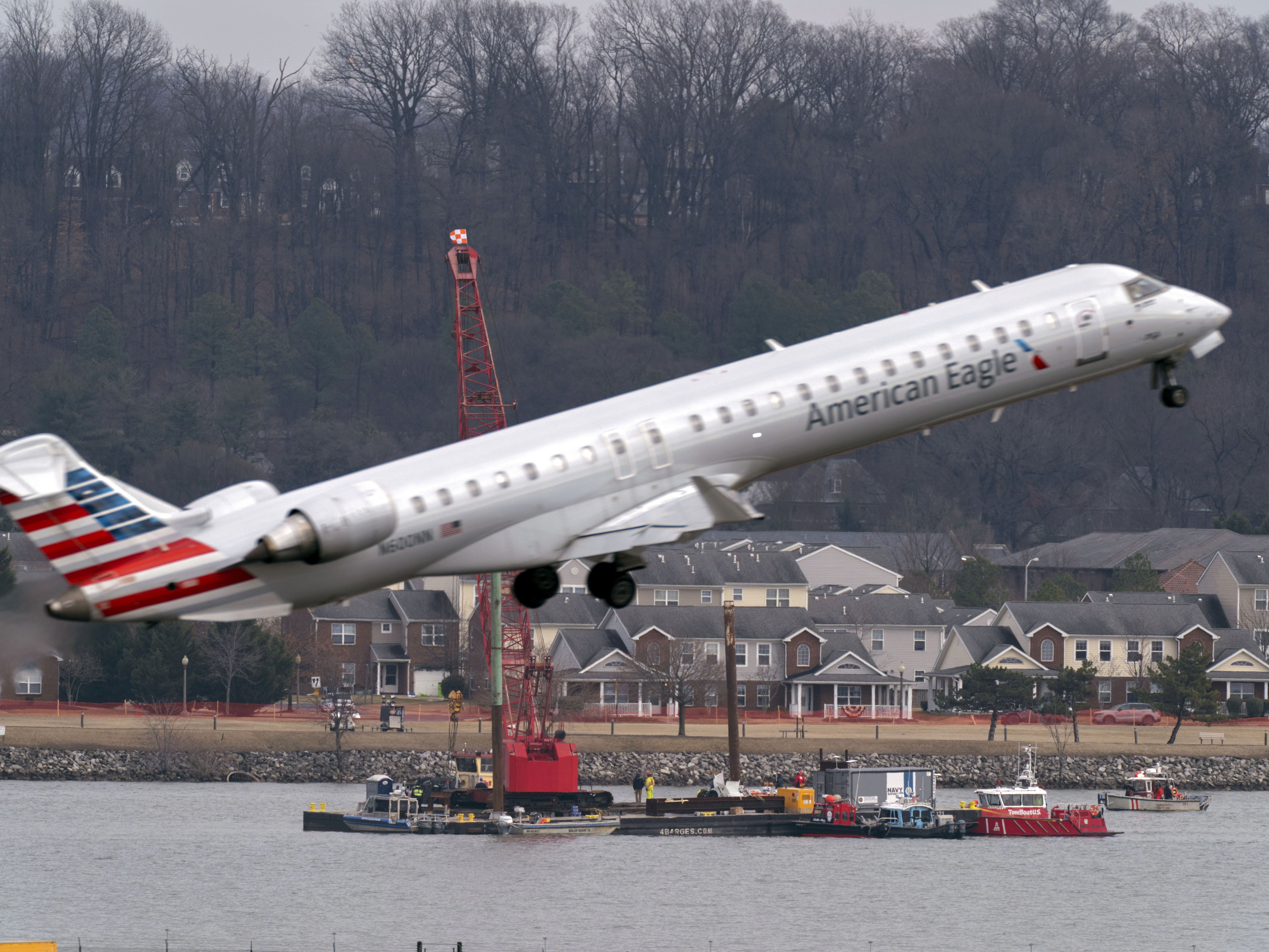
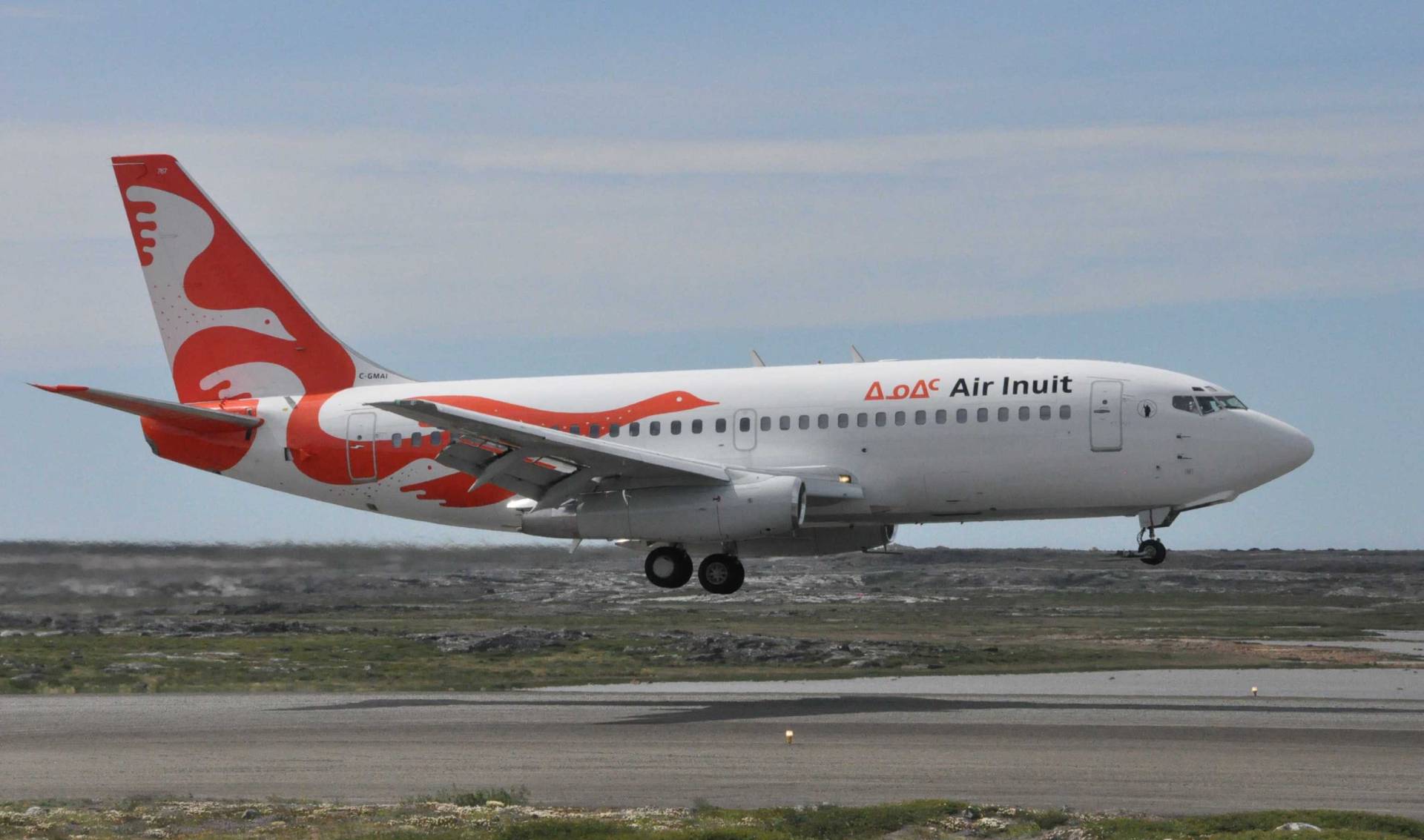
.jpg)
